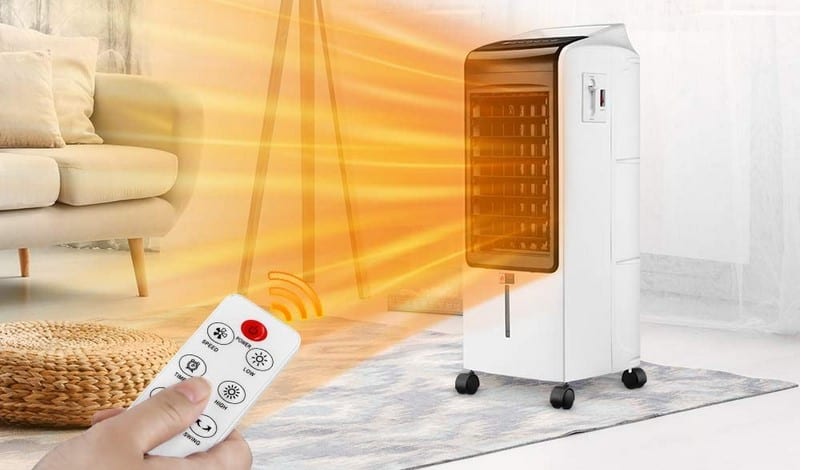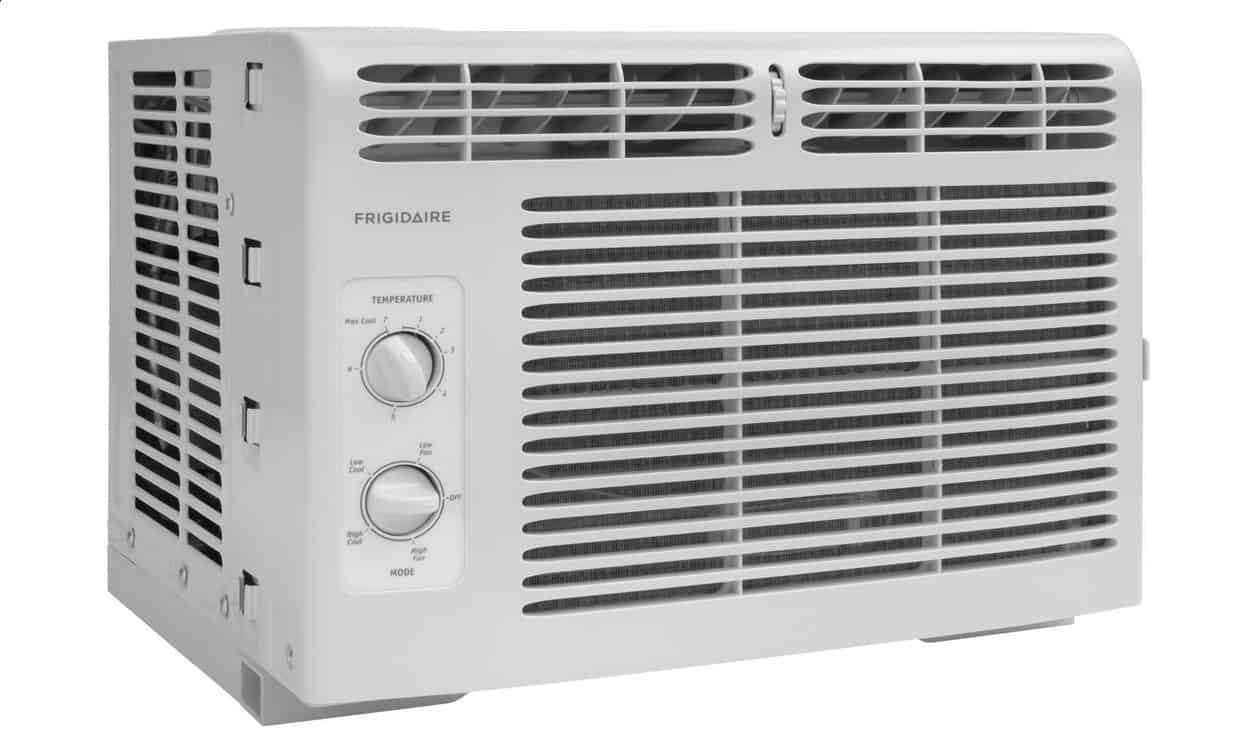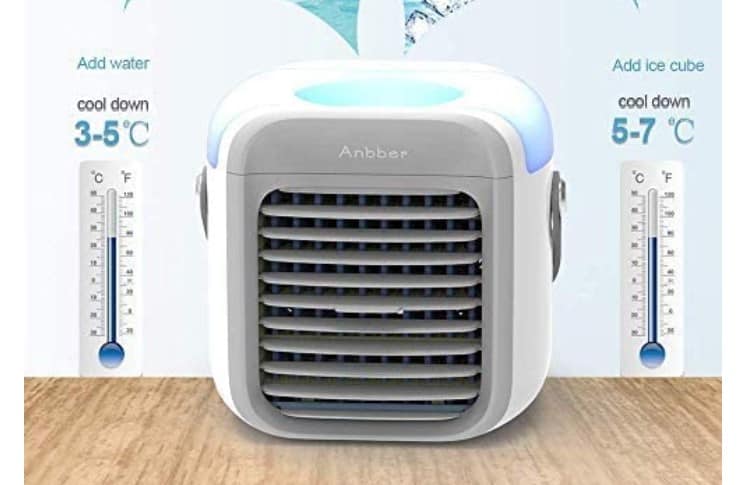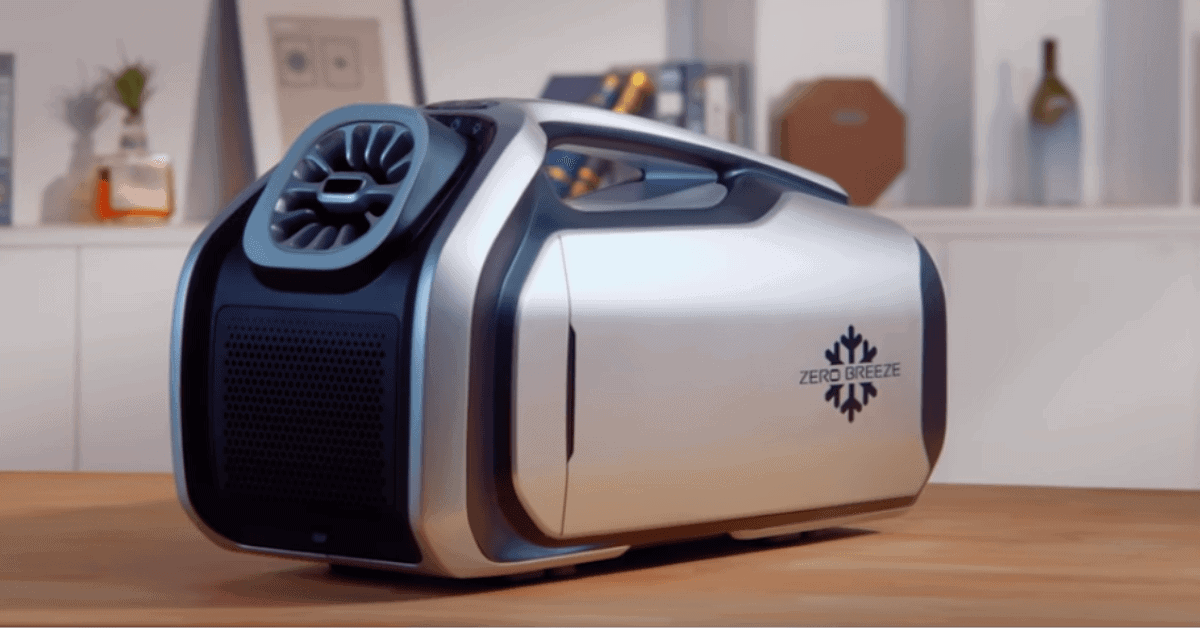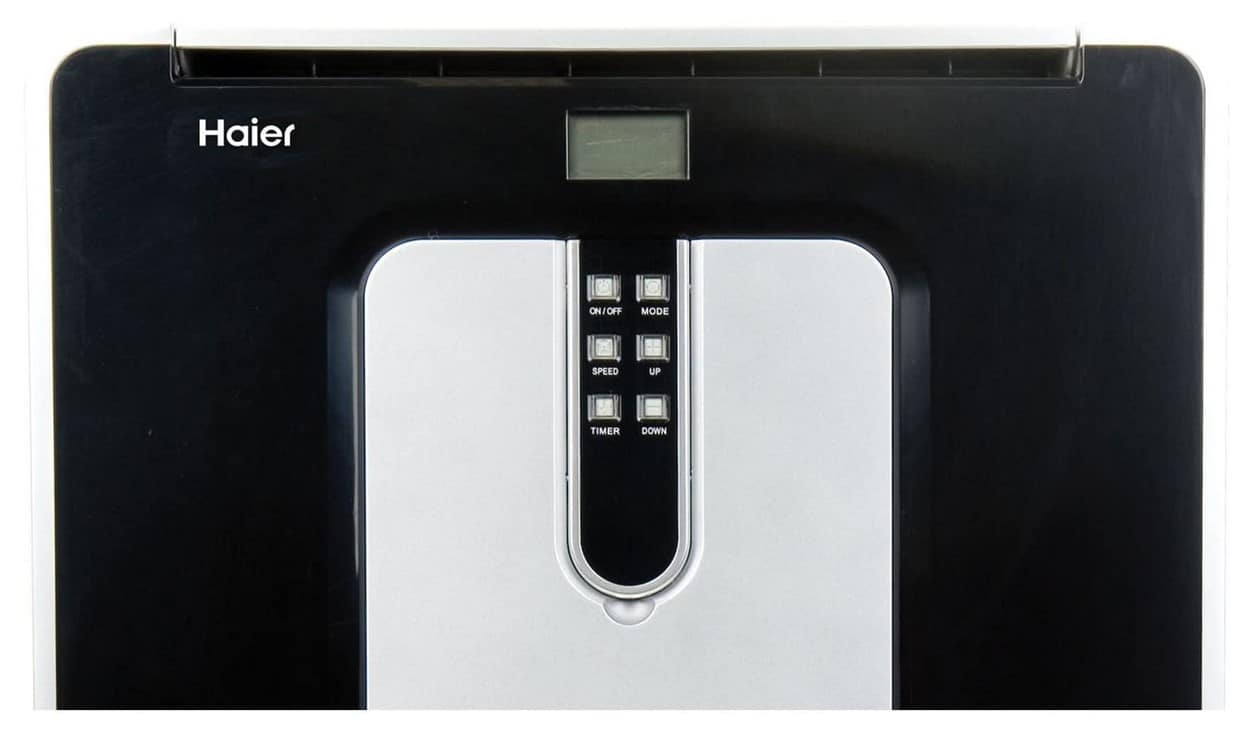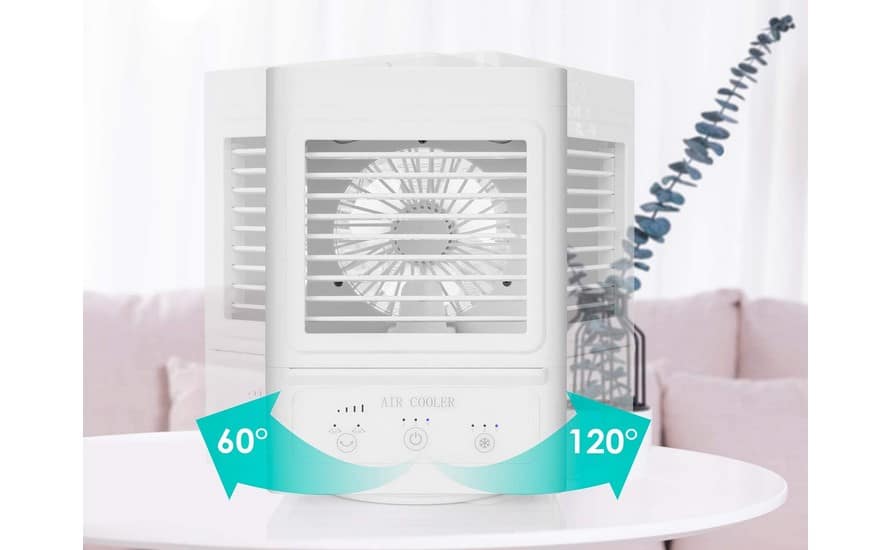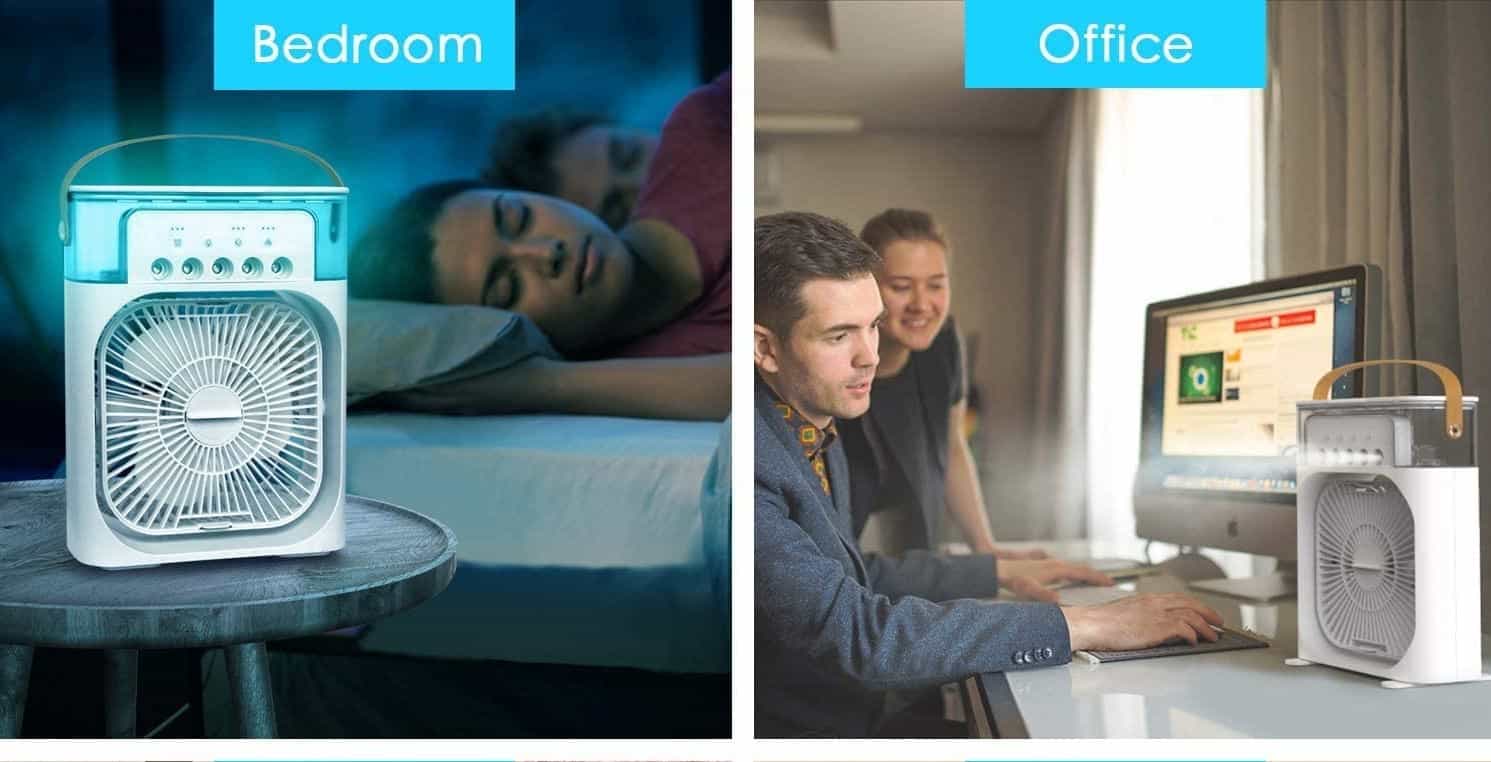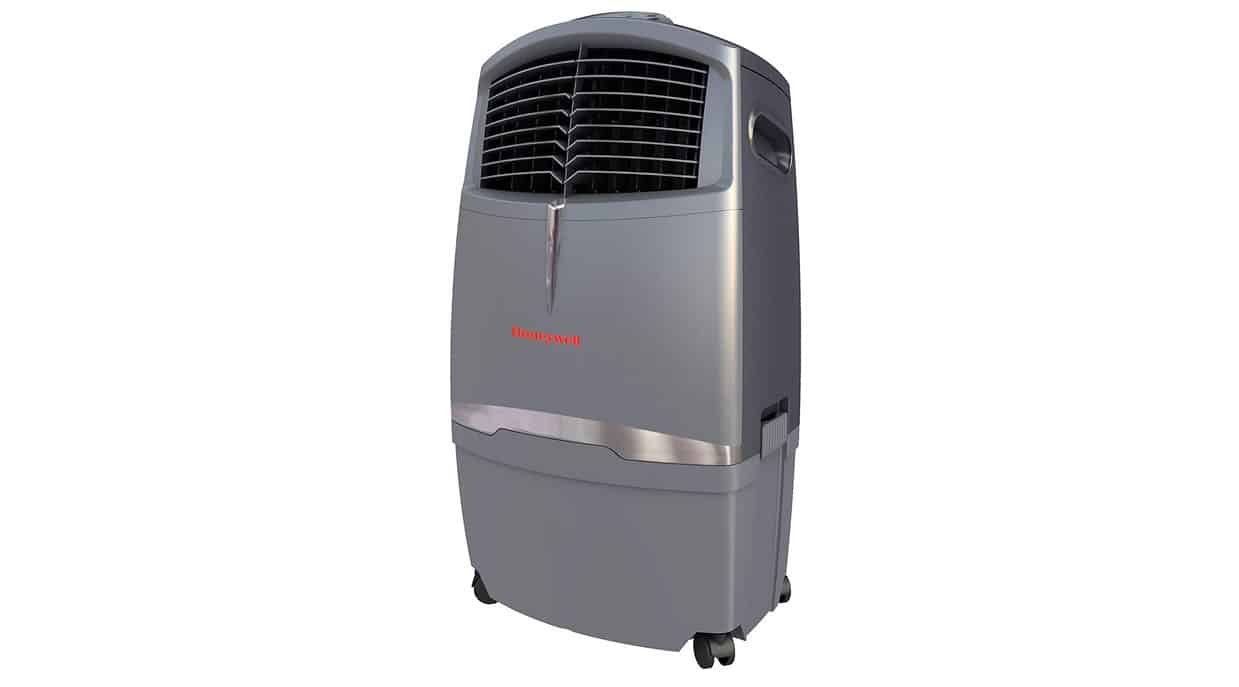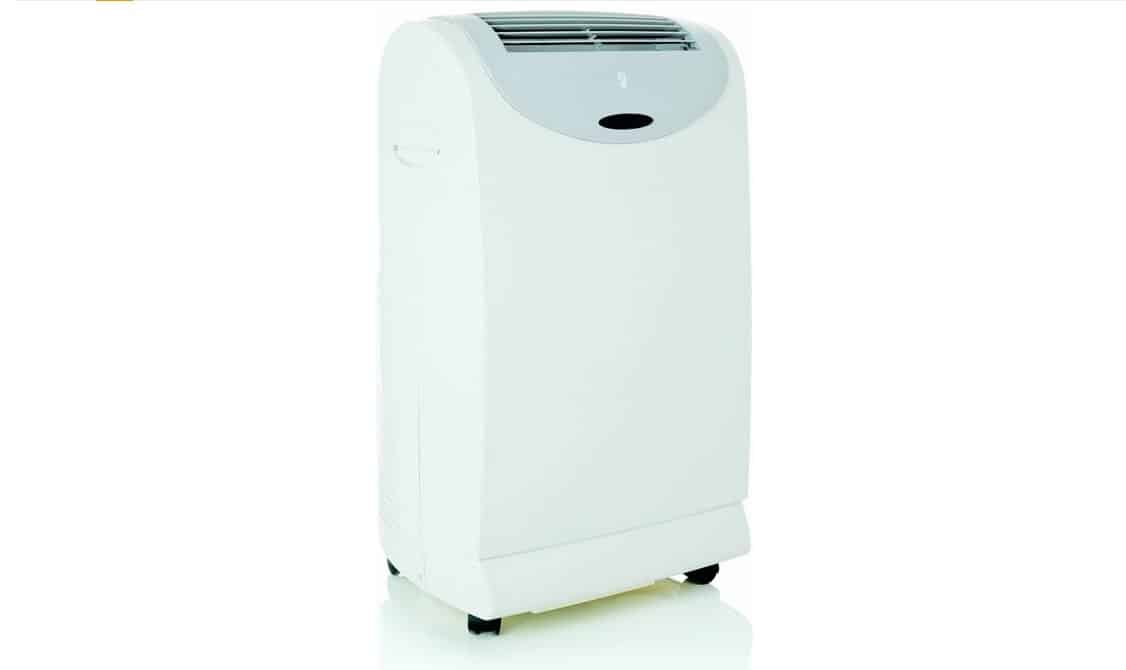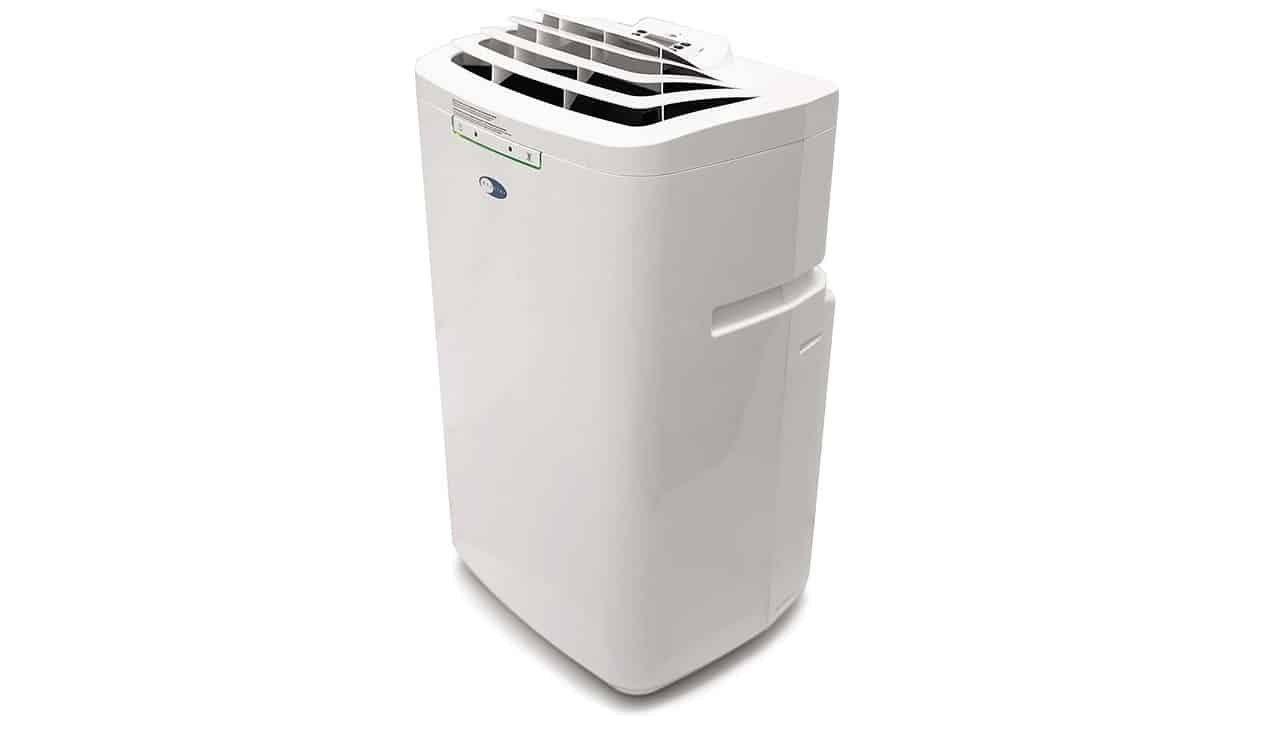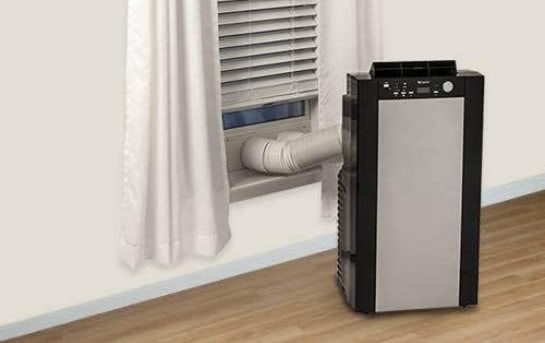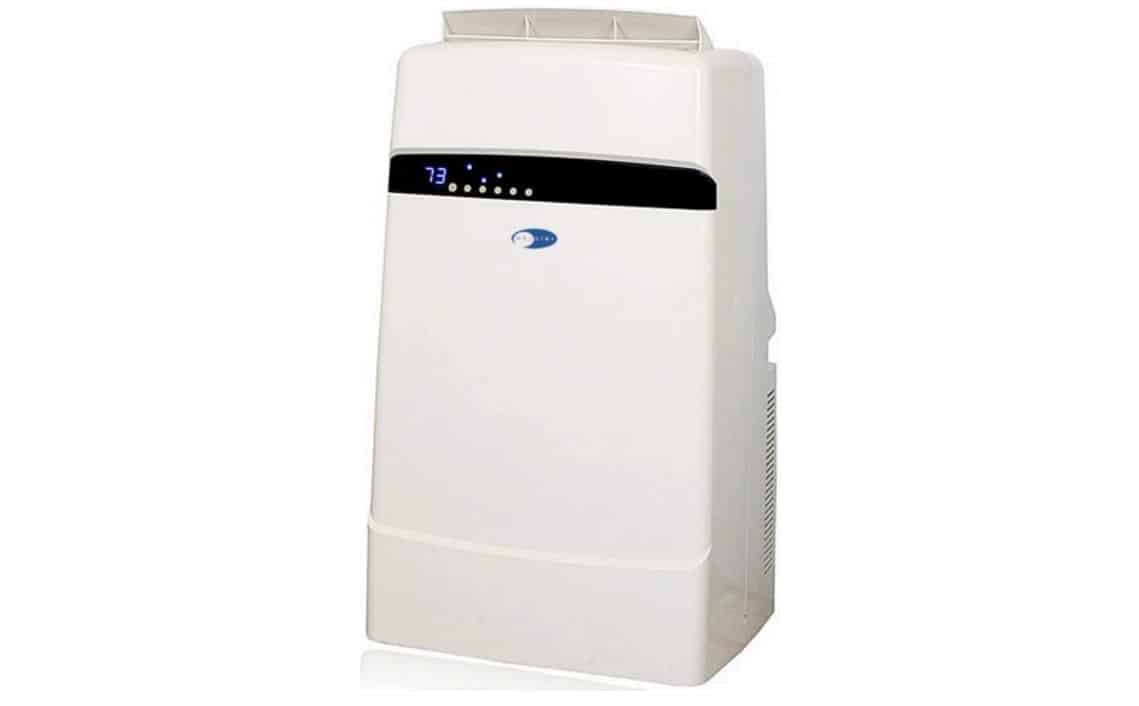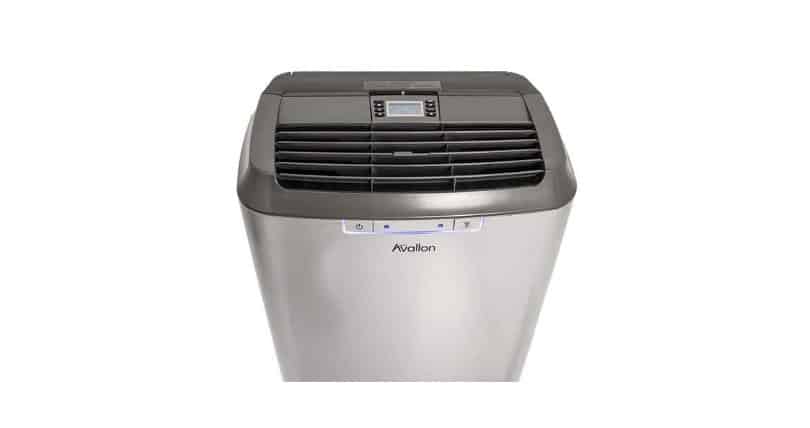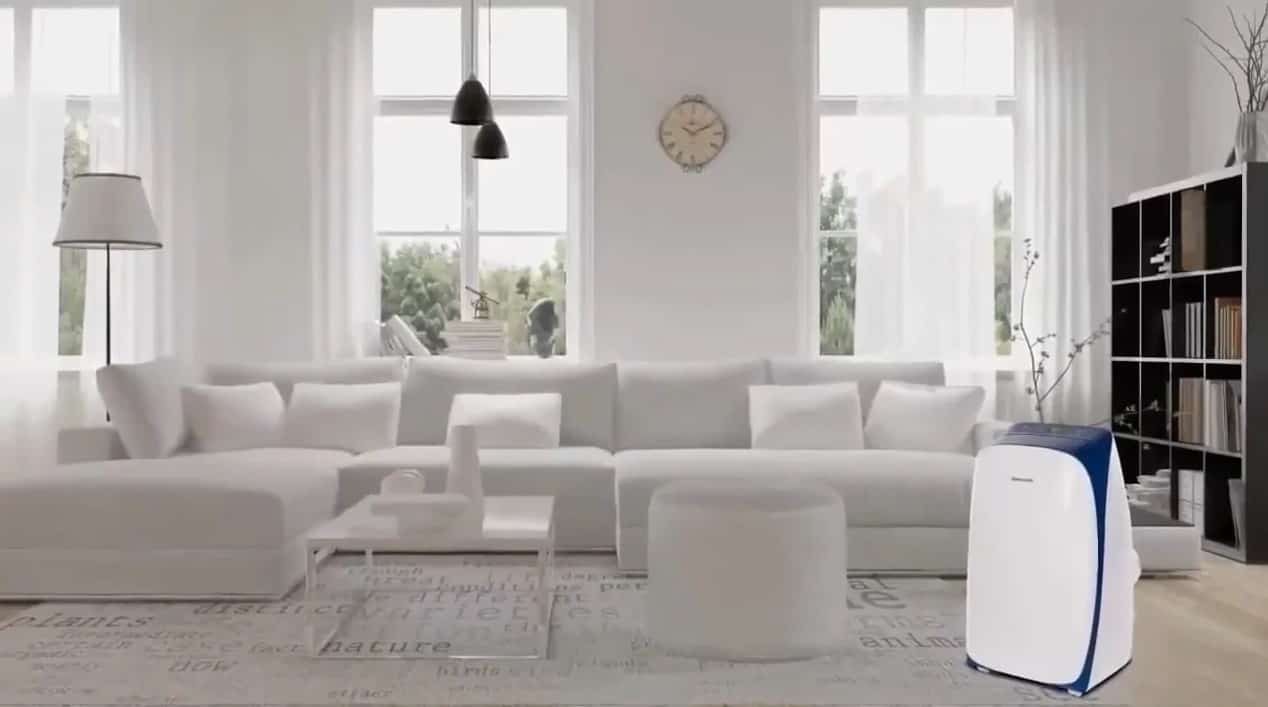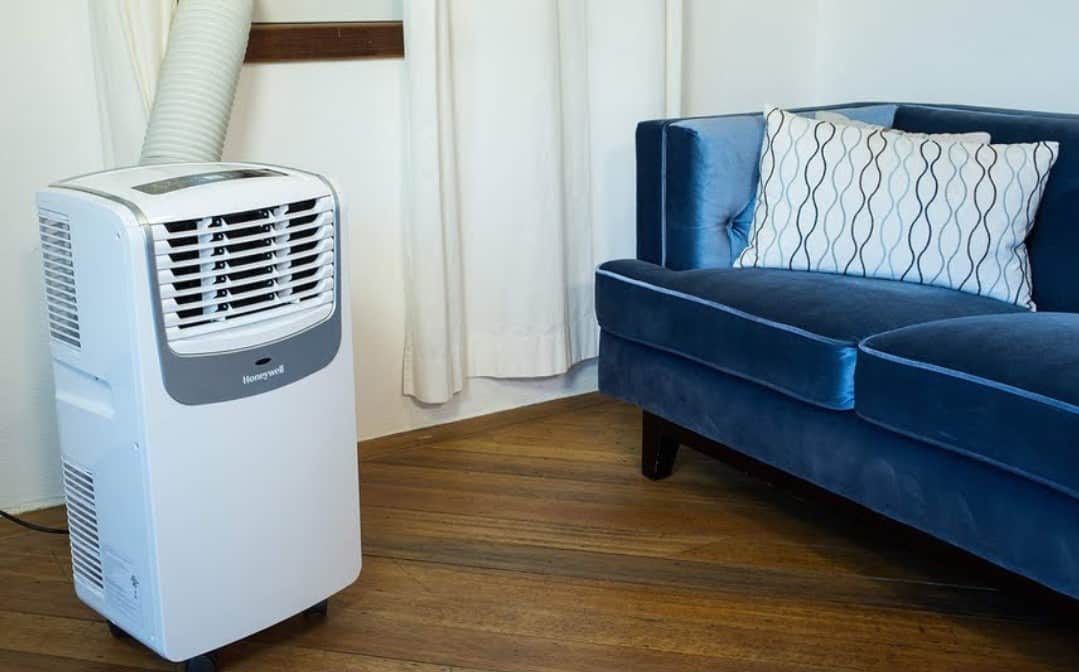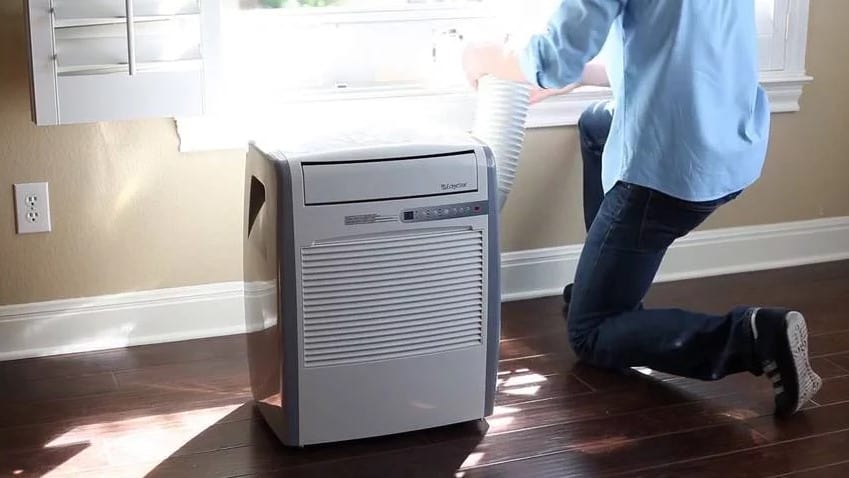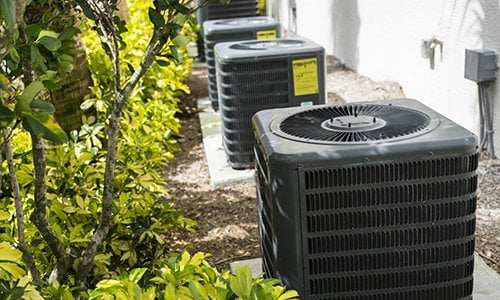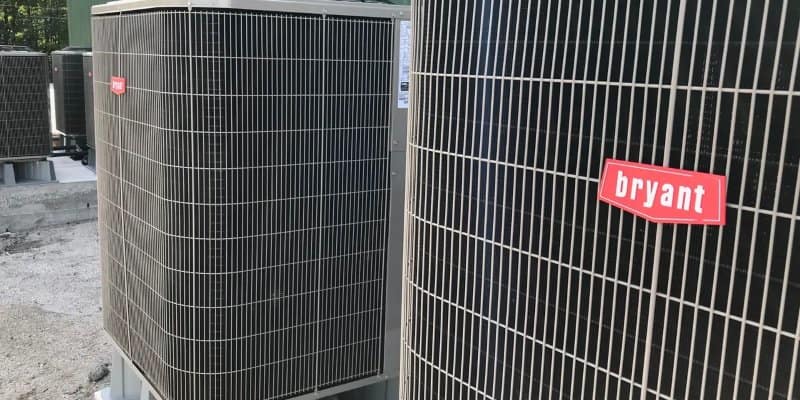When it comes to cooling your house and removing moisture from the air, you may wonder whether an air conditioner vs a dehumidifier works better. However, the best air conditioners work to lower your home’s temperature with some excess moisture removal because of their evaporator coil and condenser coil. In comparison, dehumidifiers focus more on reducing the humidity to eliminate damp spots with high humidity levels, which can help reduce mold growth.
KEY TAKEAWAYS:
- Air conditioners cool your home while removing some of the humidity.
- Dehumidifiers remove the excess moisture from your space, but they do not possess any cooling power.
- If you want a solution for a sweltering day, use both an AC system and a dehumidifier.
There are several differences between these two devices, including their function, affected spaces, and cost. For additional information about a different type of cooling device, learn about an air conditioner vs an air chiller.
Air Conditioning vs Dehumidifier
Dehumidifiers and air conditioners have different goals. A dehumidifier specializes in removing moisture from the air while an air conditioner cools the air. If you want more information about devices that make the air feel cooler, consider the differences between a box fan vs air conditioner.
However, there are many other differences between the two, such as the cooling effect, humidity removal, the area affected, the price tag associated with each, and its energy consumption.
Insider Tip
An air conditioner is better suited to cooling air, while a dehumidifier removes moisture.
Cooling
A dehumidifier focuses on removing moisture from the surrounding space. However, you shouldn’t expect much in terms of actual cooling. Instead, you may notice that the air feels cooler after dehumidification because it removes water vapor from the air, which absorbs heat.
An air conditioner cools the air in your house by passing the air through various elements. Then, it uses ducts and vents to release this air back into your home. This process continues until the air reaches the desired temperature, as determined by the thermostat. Some brands include Sensibo vs Cielo, with models like the multi-split vs single split A/Cs.
Humidity
When the air passes through the air conditioning unit’s elements, the coils collect some heat from the moisture in the air. This process relies heavily on the fact that water molecules absorb heat quickly. As a result, it removes some moisture from the space alongside the heat, though not enough for the AC to be effective against moisture on particularly humid days. Humidity adds to the heat you feel because it causes moisture to collect on your skin.
On the other hand, a whole-house dehumidifier and portable units focus solely on removing the excess humidity from the air, a process called dehumidification. They use similar elements, except for the ducts and vents, but they do not release the heat outside as an AC unit does. As a result, they are more effective at removing the humidity but produce heat instead of cooling the air. You could use both your air conditioning system and your dehumidifier to combat heat on multiple levels for the best solution on humid days.
Cost
It can cost a lot of money to install an AC unit, but that’s not the case when purchasing a dehumidifier, with the possible exception of a whole-house dehumidifier. You can also set your thermostat at a lower temperature to counteract the heat generated by high humidity. However, large, whole-house AC systems require significantly more electricity to run, resulting in a high price tag.
Using a dehumidifier helps reduce energy costs by reducing energy consumption. Whether used alone or with an AC, you should see price reductions. This difference is because the air conditioner won’t have to work as hard to process the air or perform as much dehumidification. Additionally, you might turn the thermostat up a few degrees during humid months.
Warning
On particularly hot days, a dehumidifier may not be enough, so you’ll want to invest in an air conditioner.
F.A.Q.S
Do dehumidifiers make a room cooler?
Dehumidifiers remove moisture from the air, generating heat in doing so. This heat is released back into your space, raising the temperature a little.
Can an AC handle moisture like a dehumidifier?
An AC cannot handle as much humidity as a dehumidifier. So, you need a dehumidifier in the summer when it’s more humid.
Do you need a dehumidifier if you have AC?
You may want a dehumidifier if you live in an area with a humid climate because humidity can make the heat feel more oppressive.
STAT: Most homes in the US have a healthy humidity level of 30-50%. (source)
REFERENCES:
- https://www.callks.com/blog/dehumidifier-help-air-conditioner-humidity/
- https://www.hamiltonhomecomfort.com/do-i-need-a-dehumidifier-if-i-have-air-conditioning/
- https://deljoheating.com/blog/dehumidifier-vs-air-conditioner-whats-the-difference/r
- https://www.vitalheatingandair.com/blog/air-conditioning-service/does-my-ac-also-work-as-a-dehumidifier/
- https://www.youtube.com/watch?v=0vAkXnpSIO0

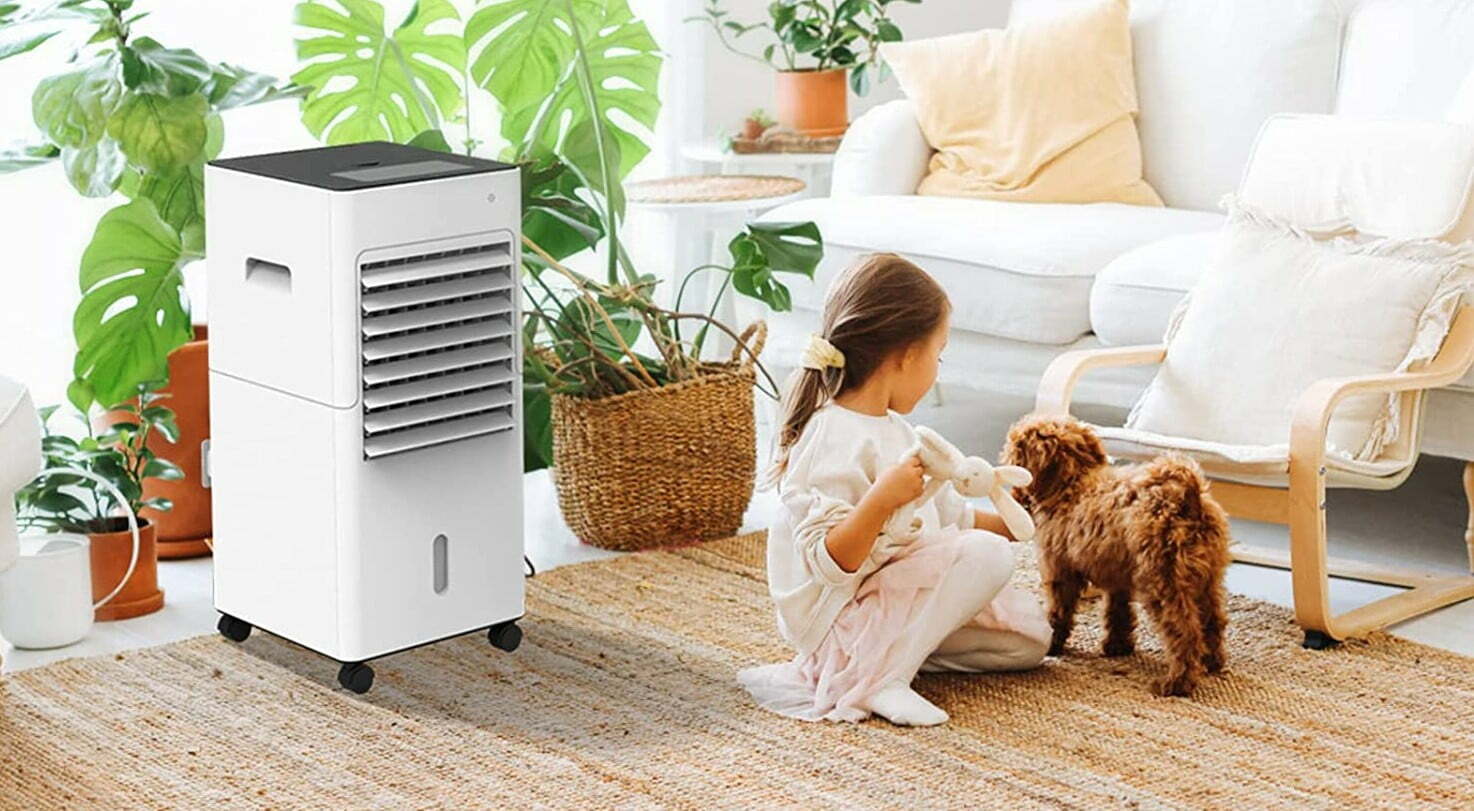













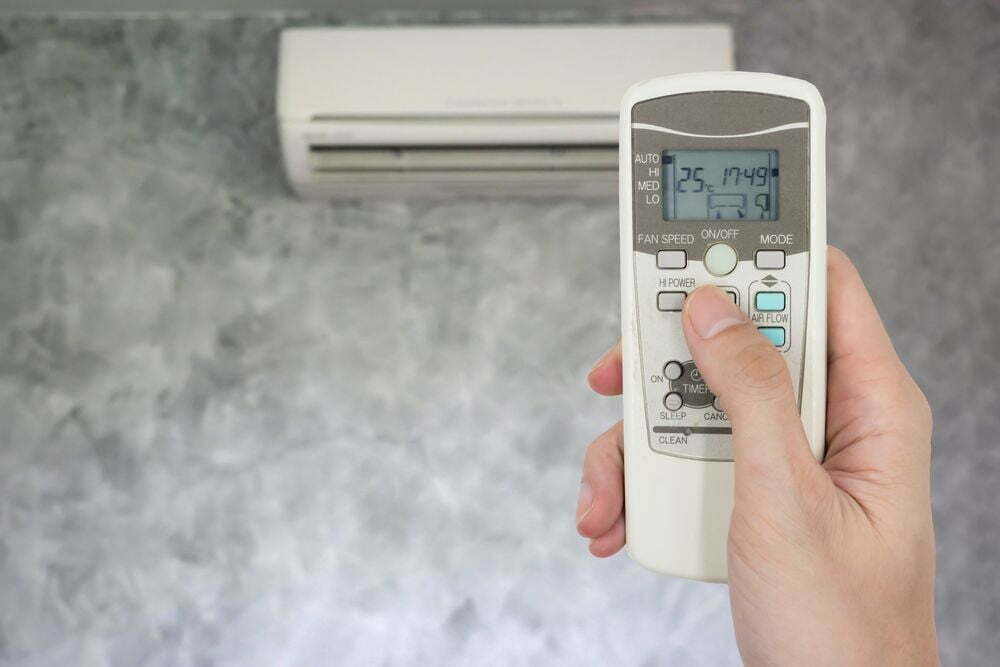
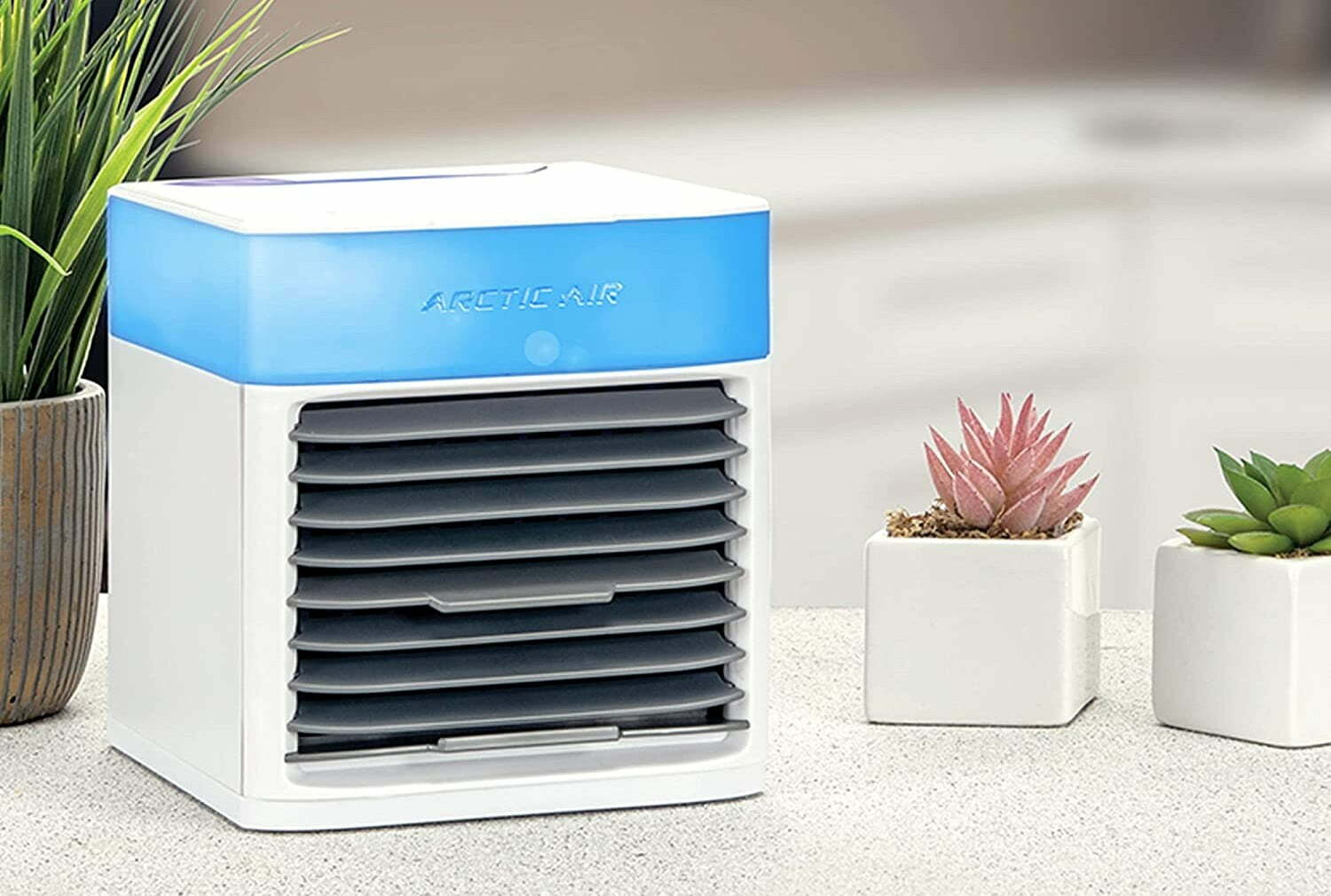
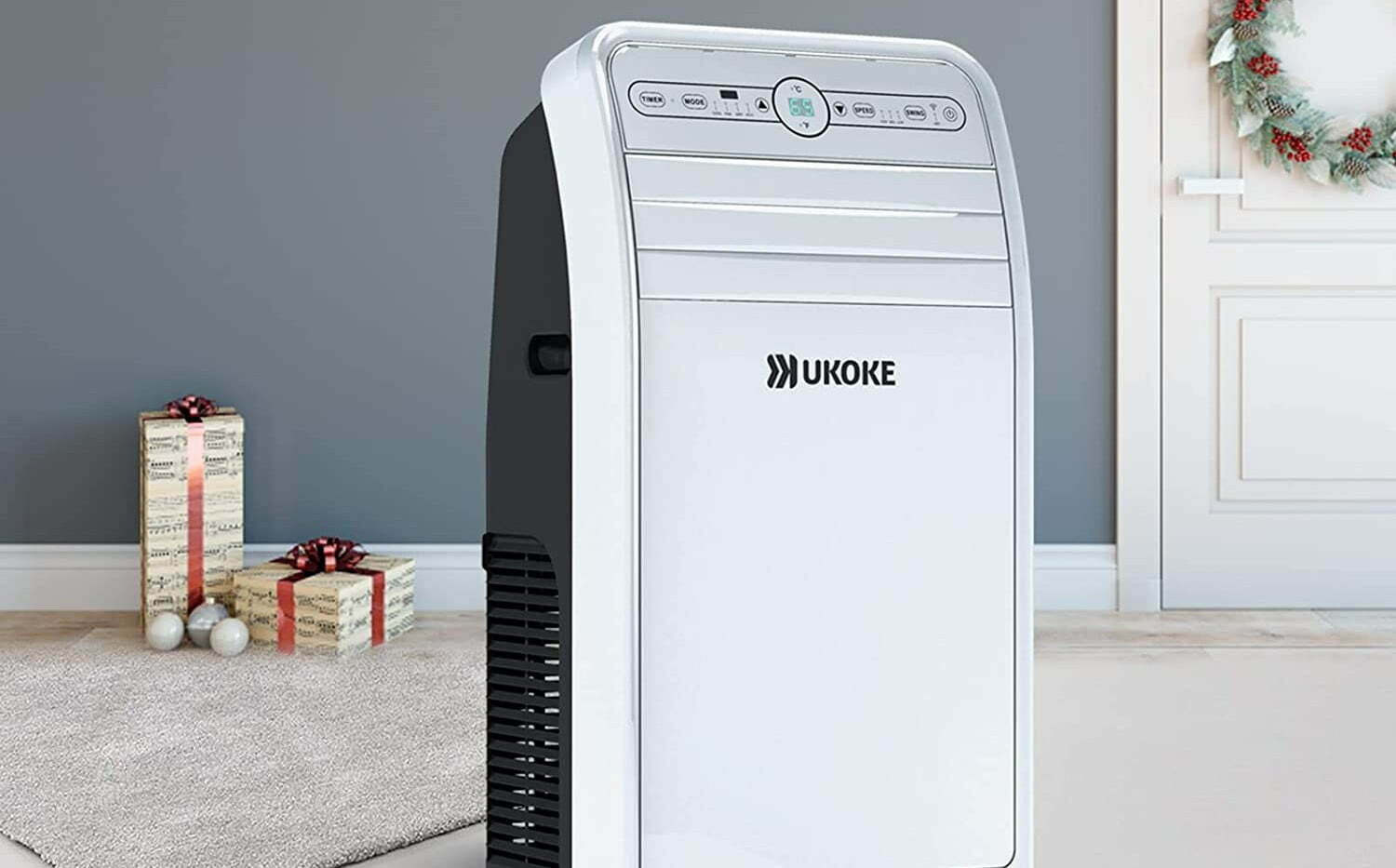
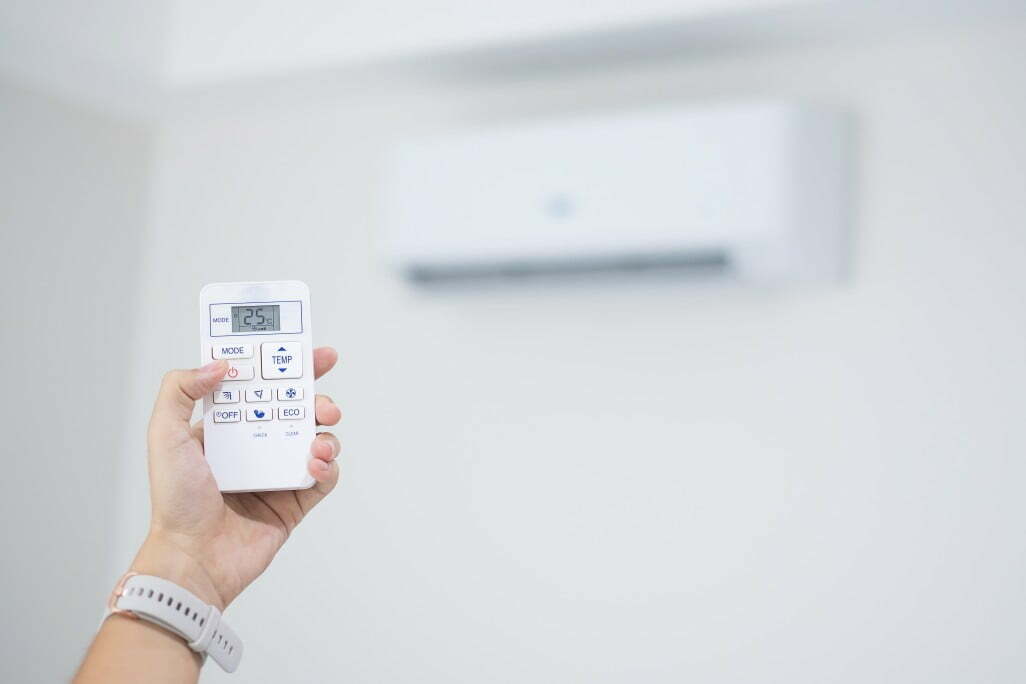
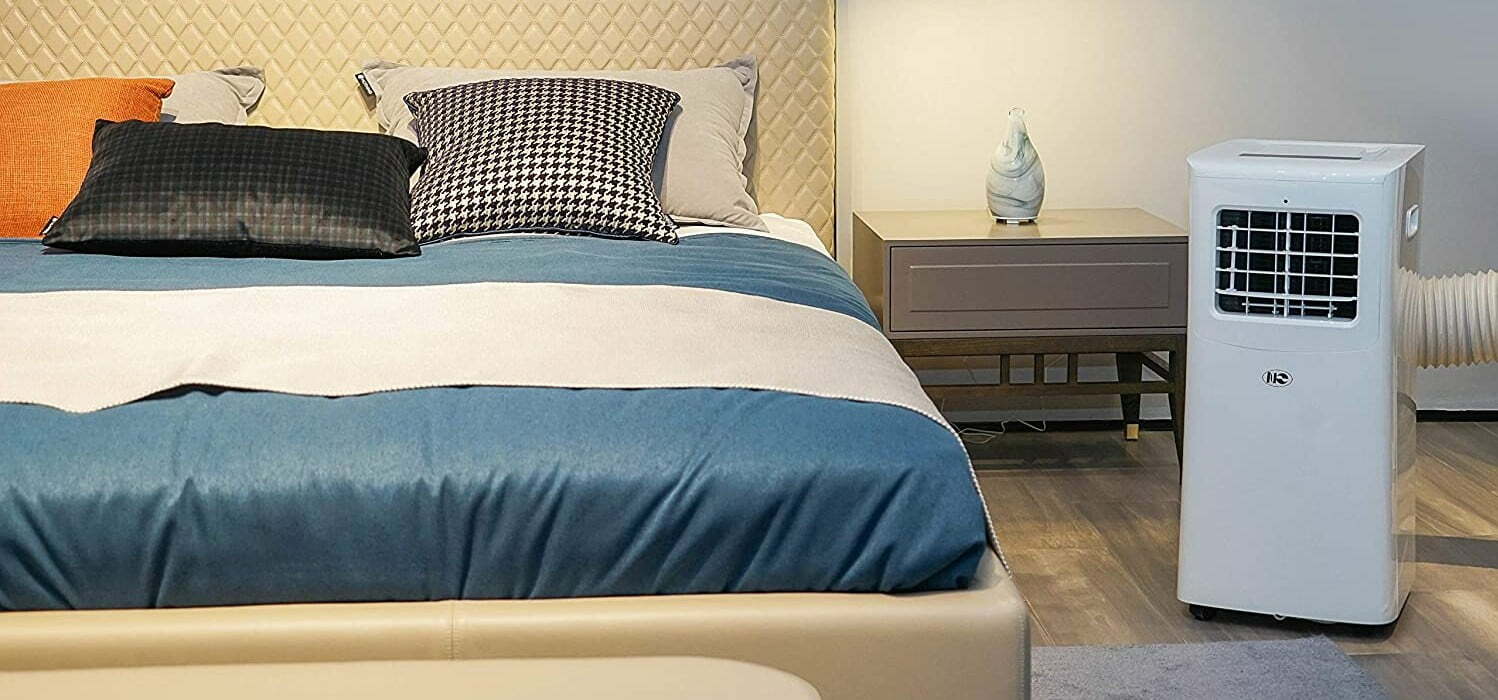
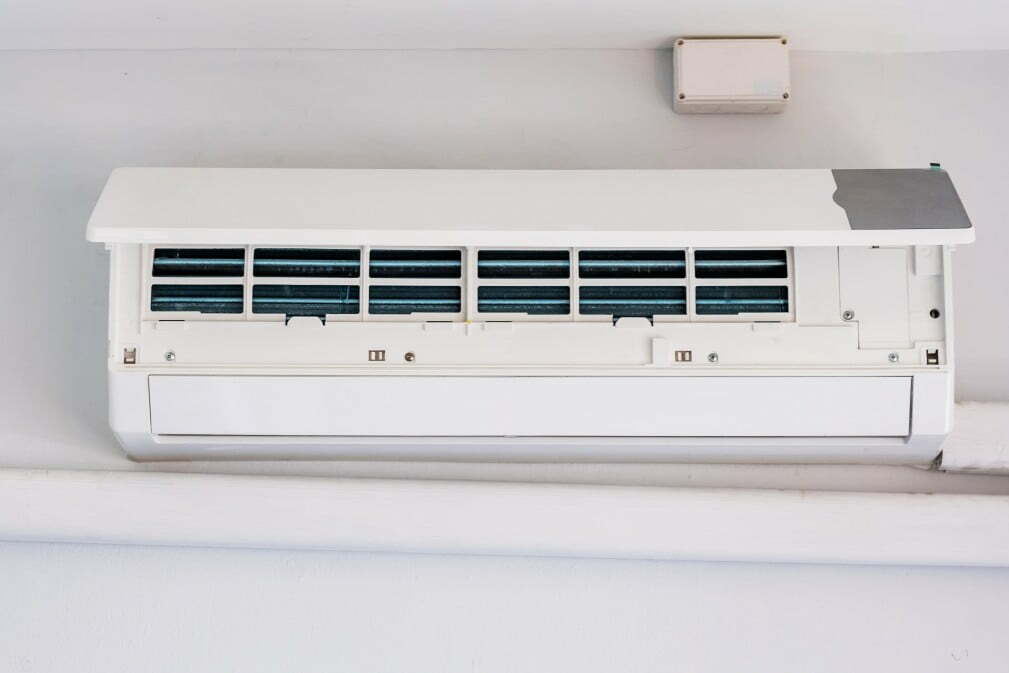
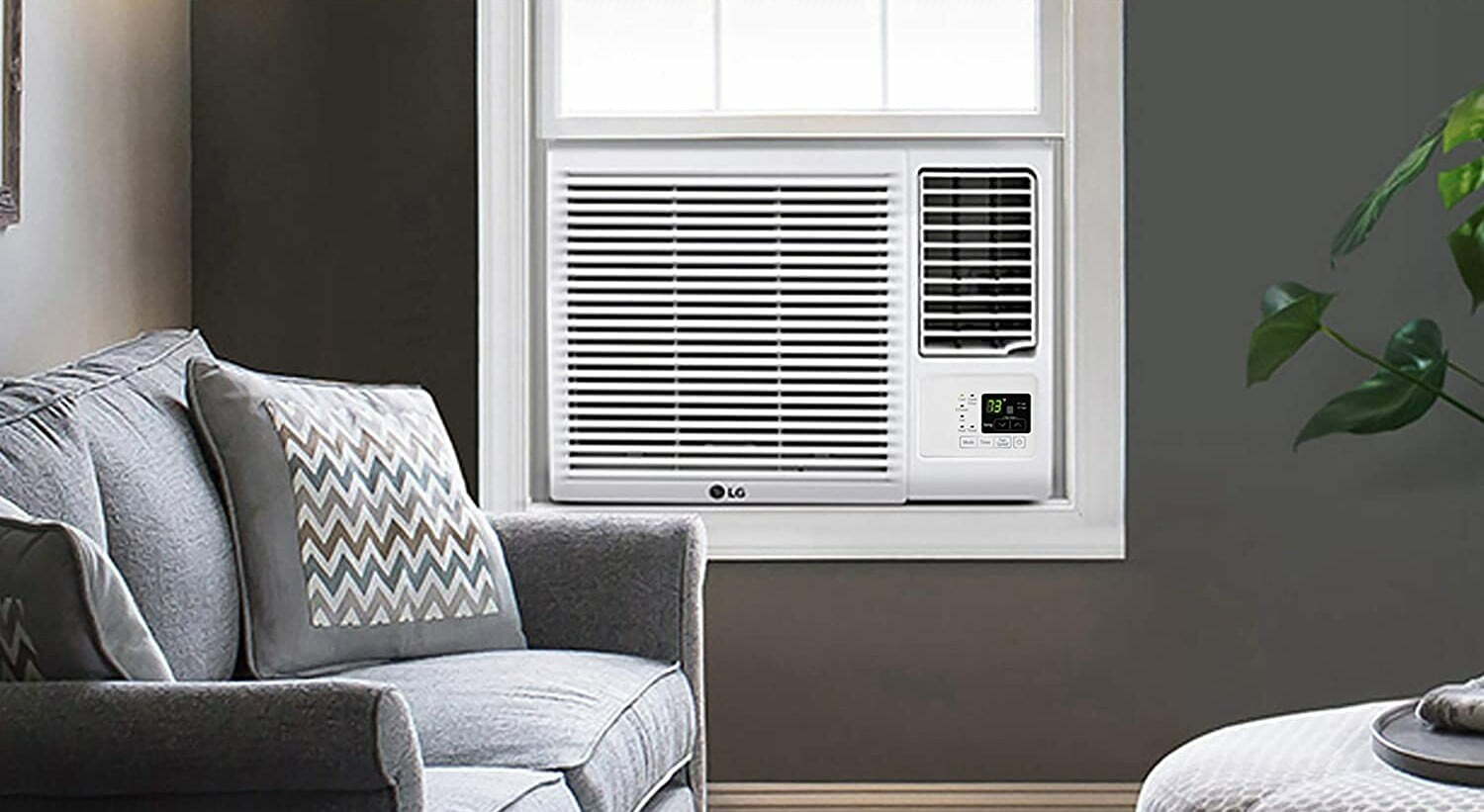
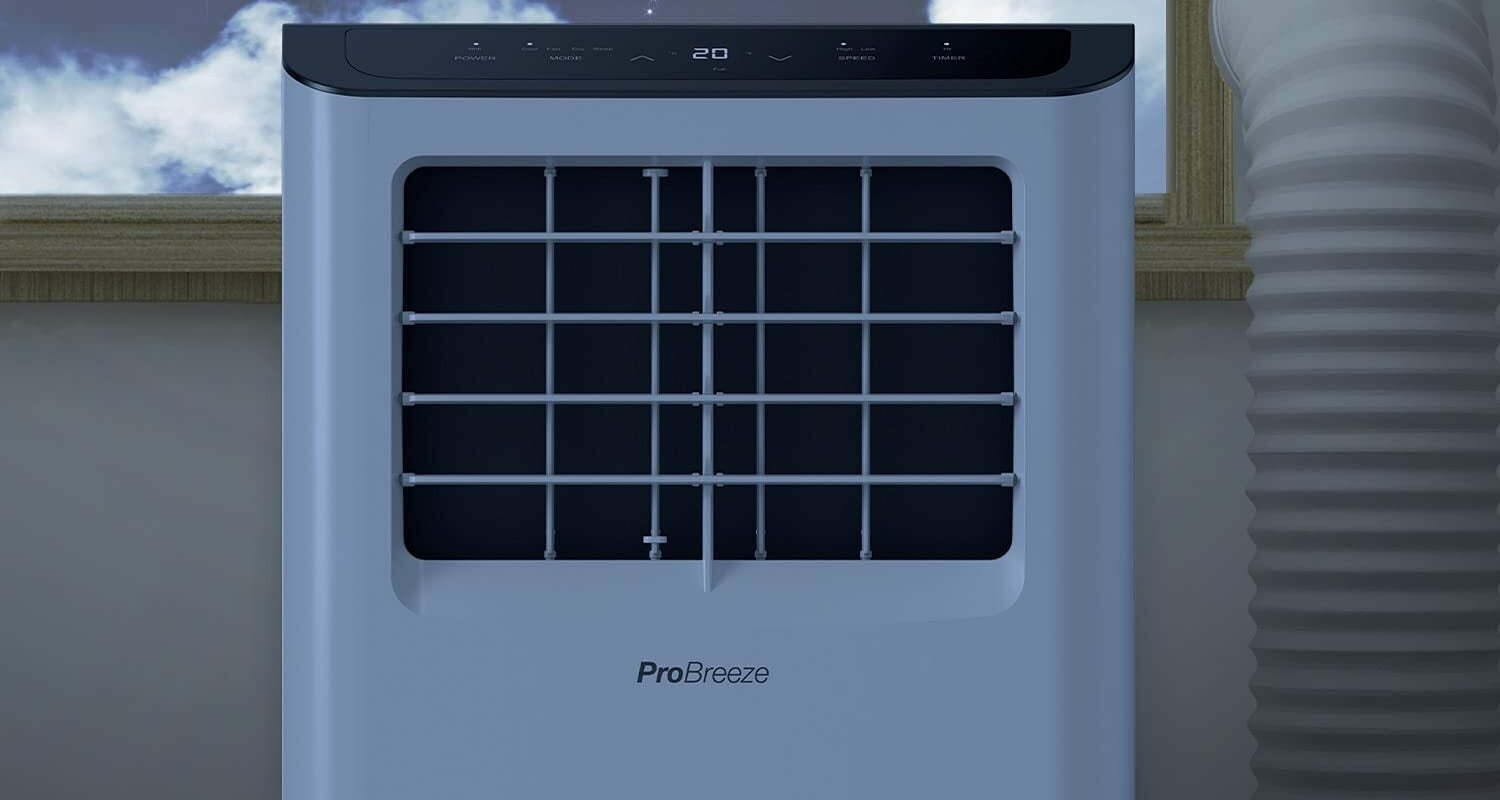

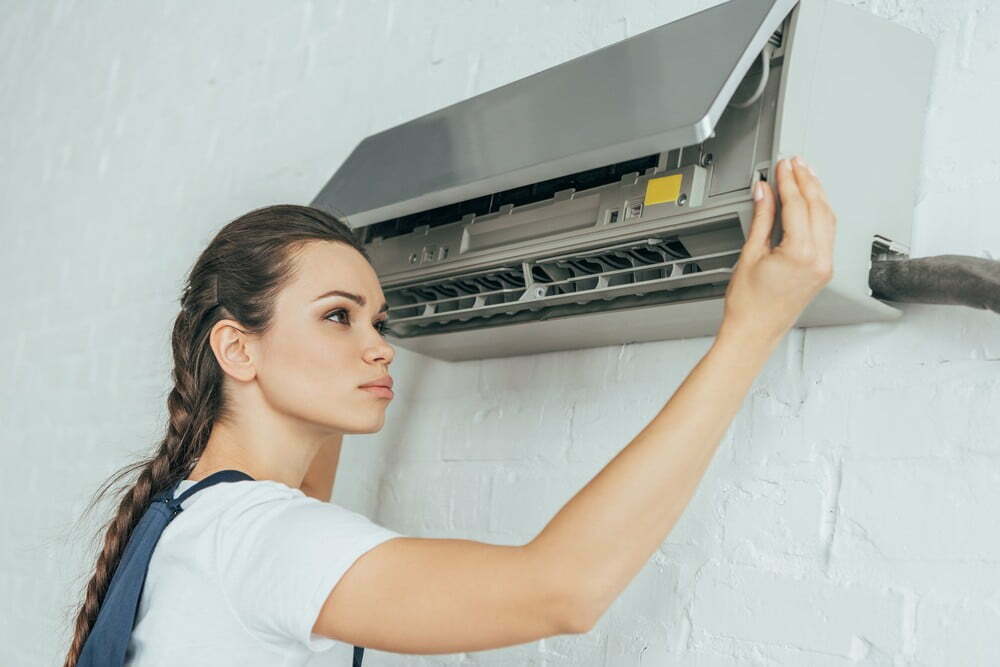
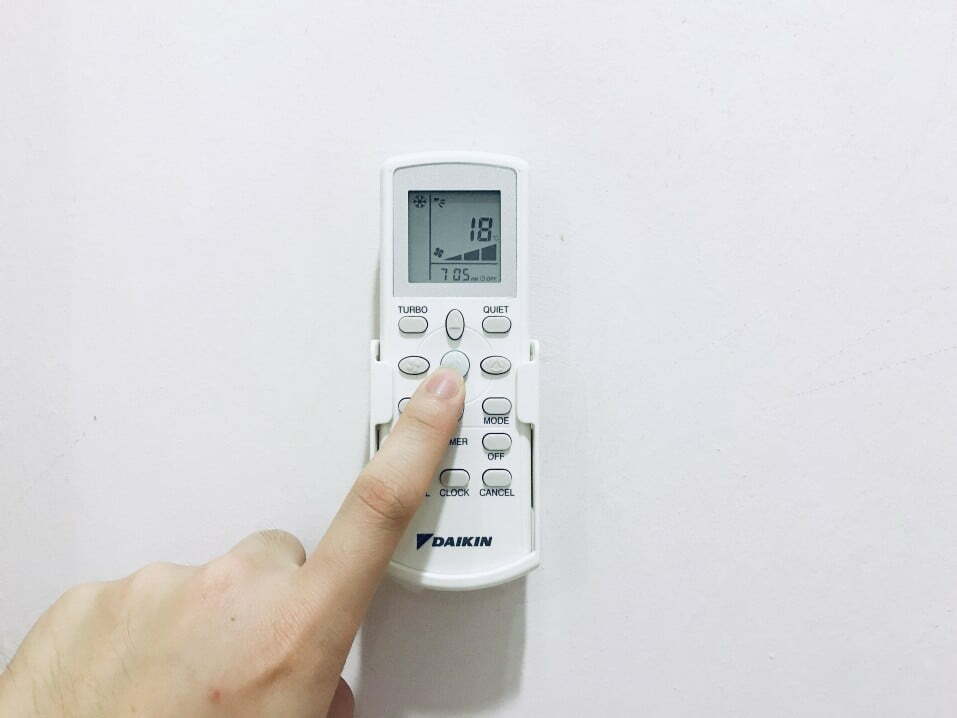
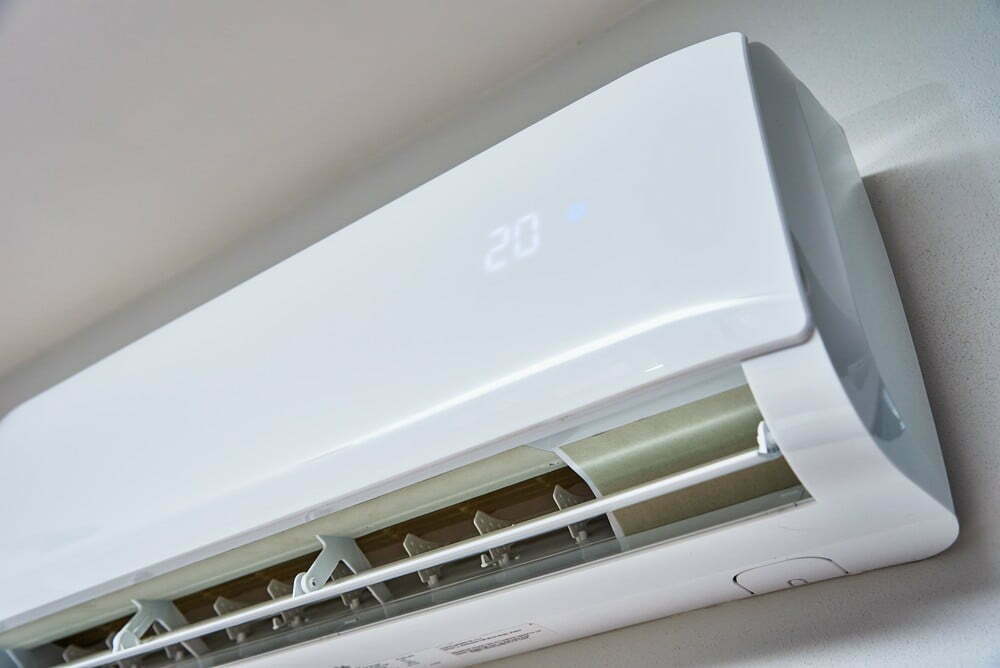
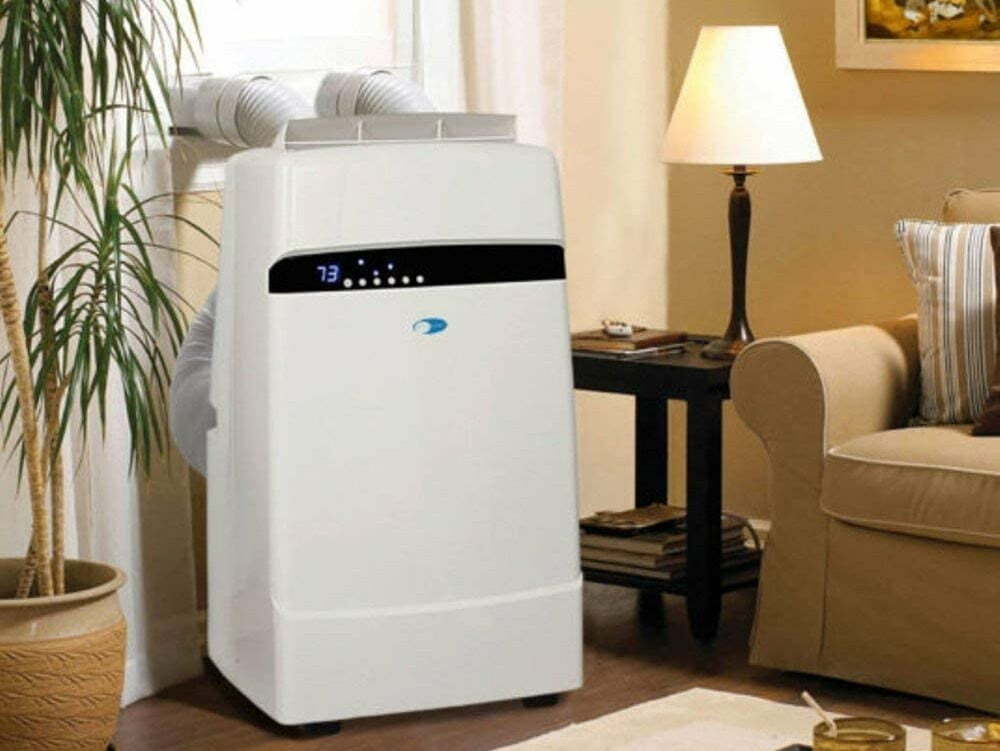
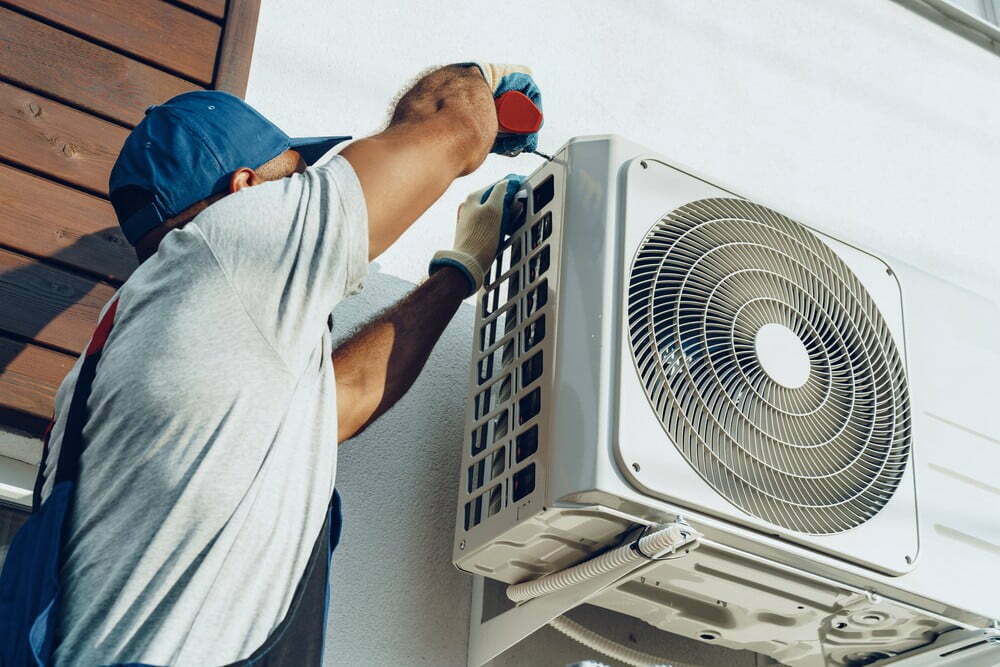
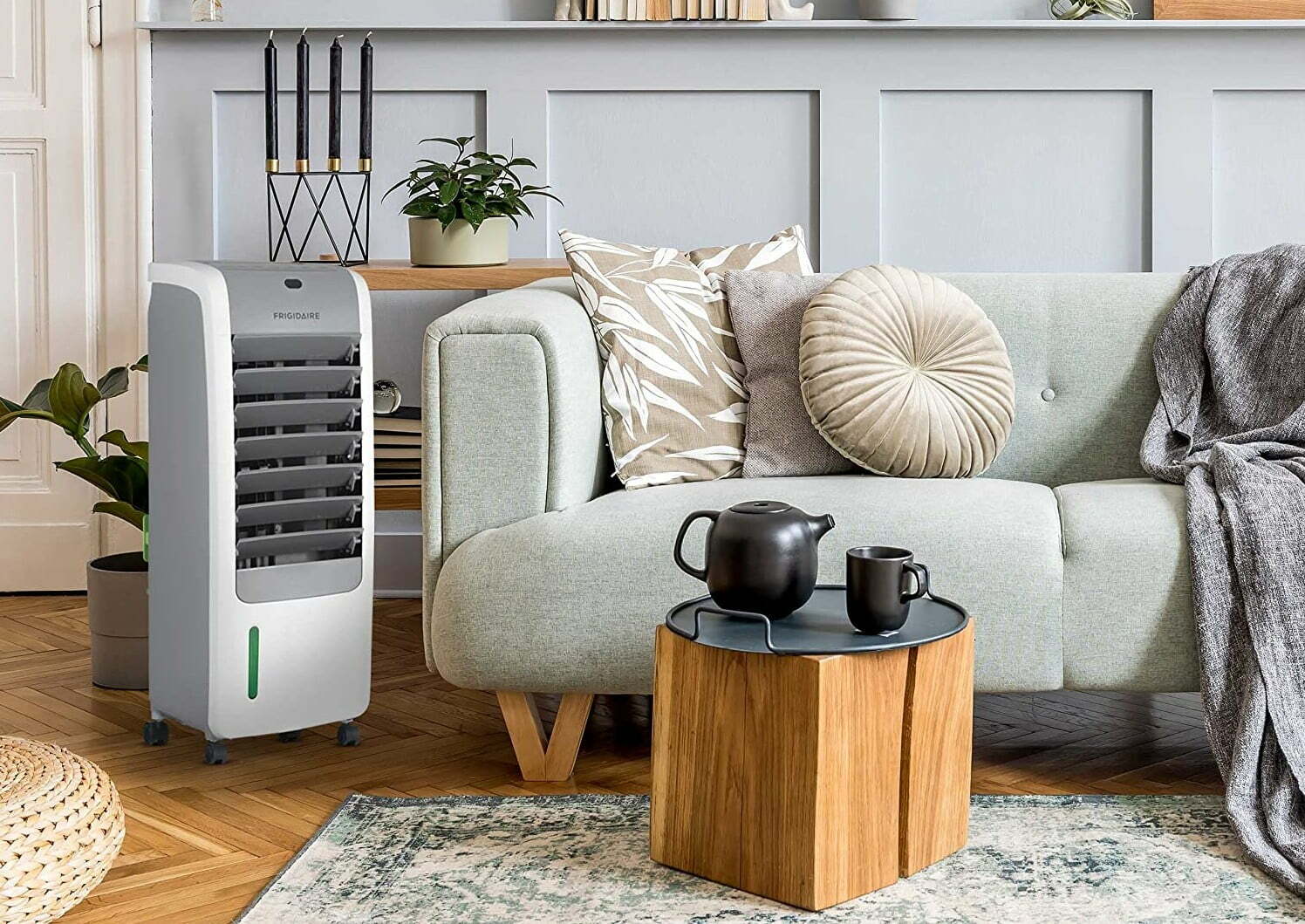
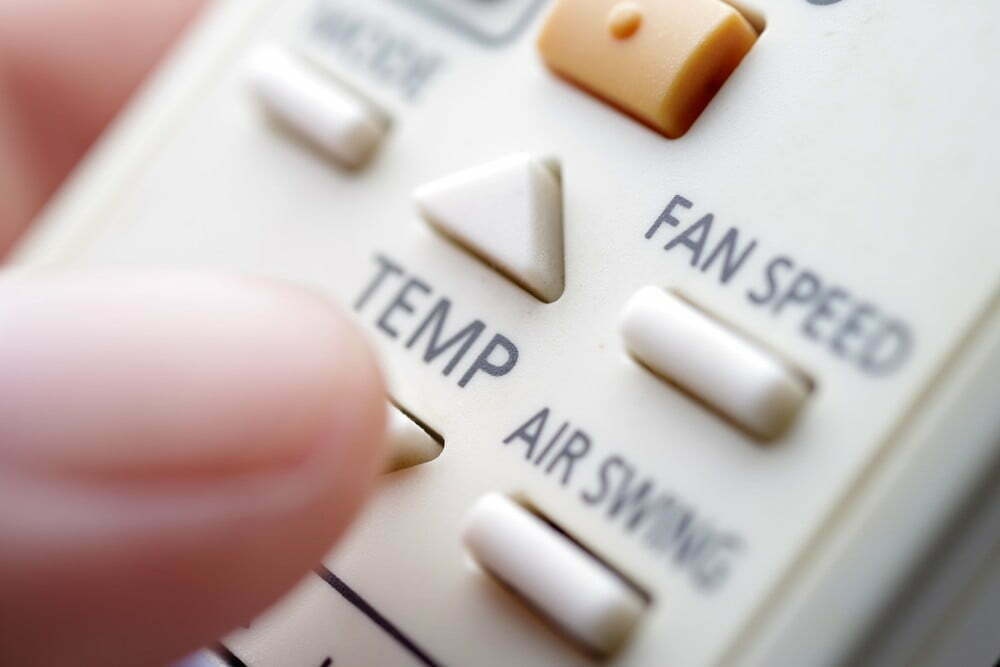
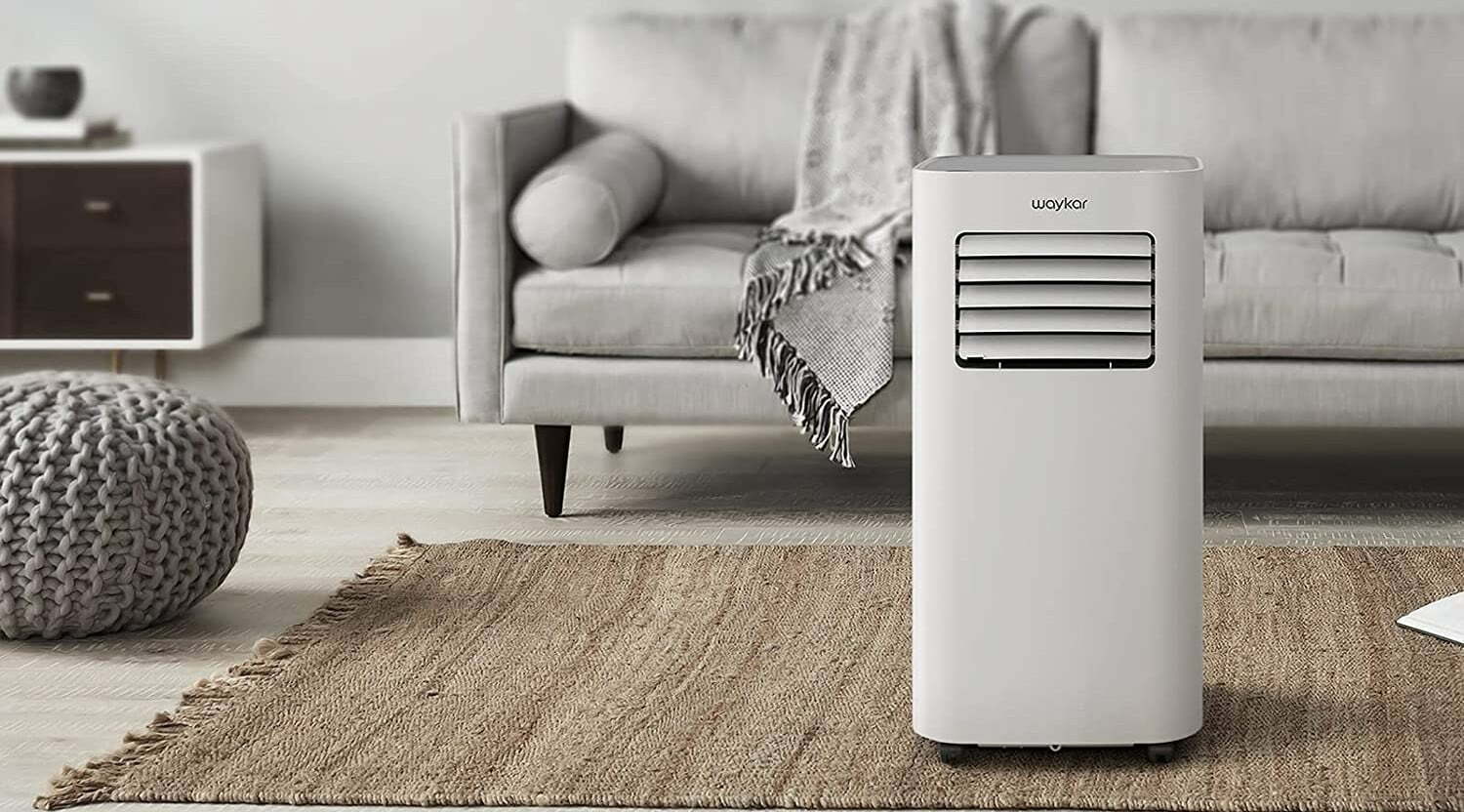
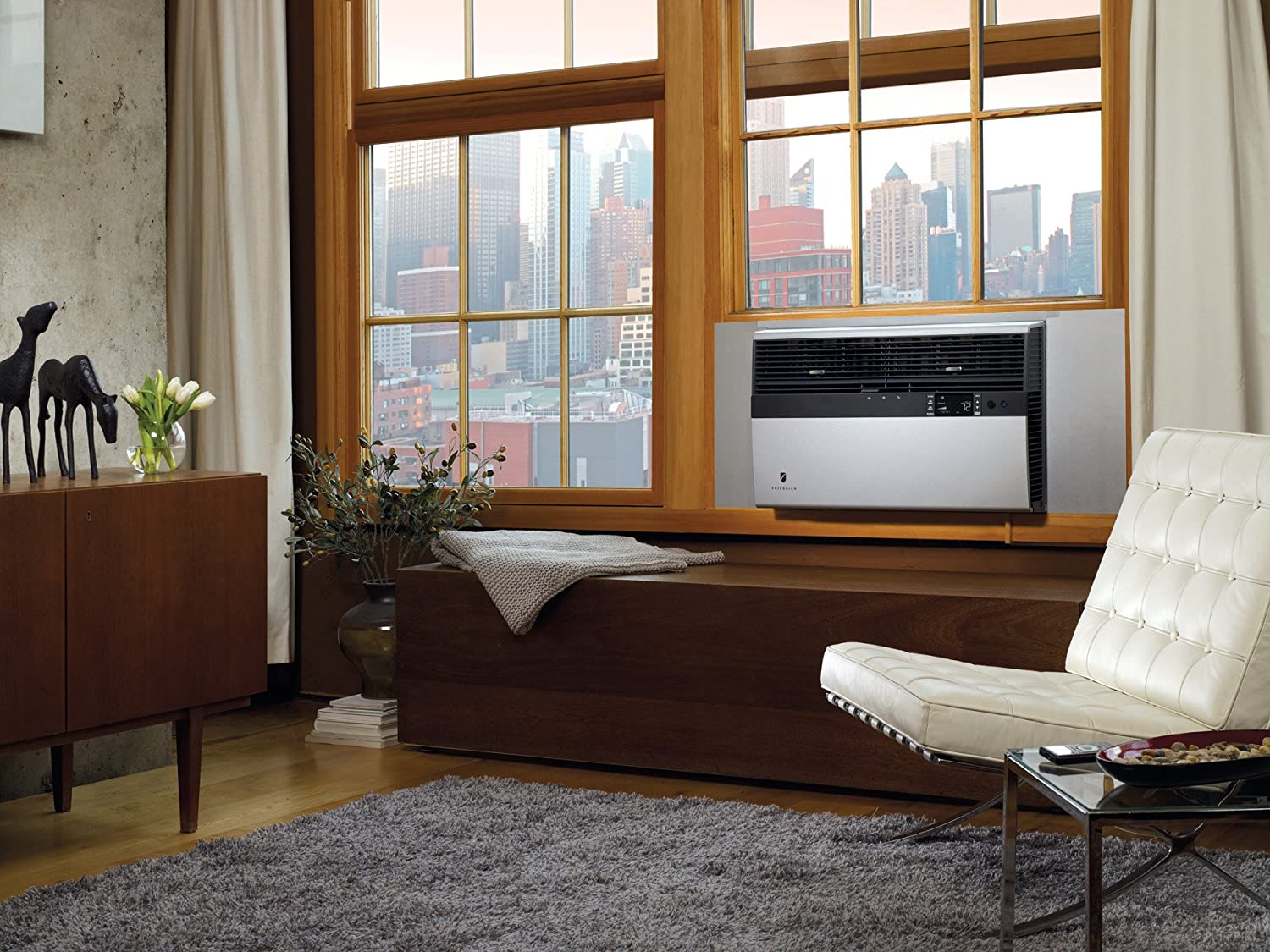

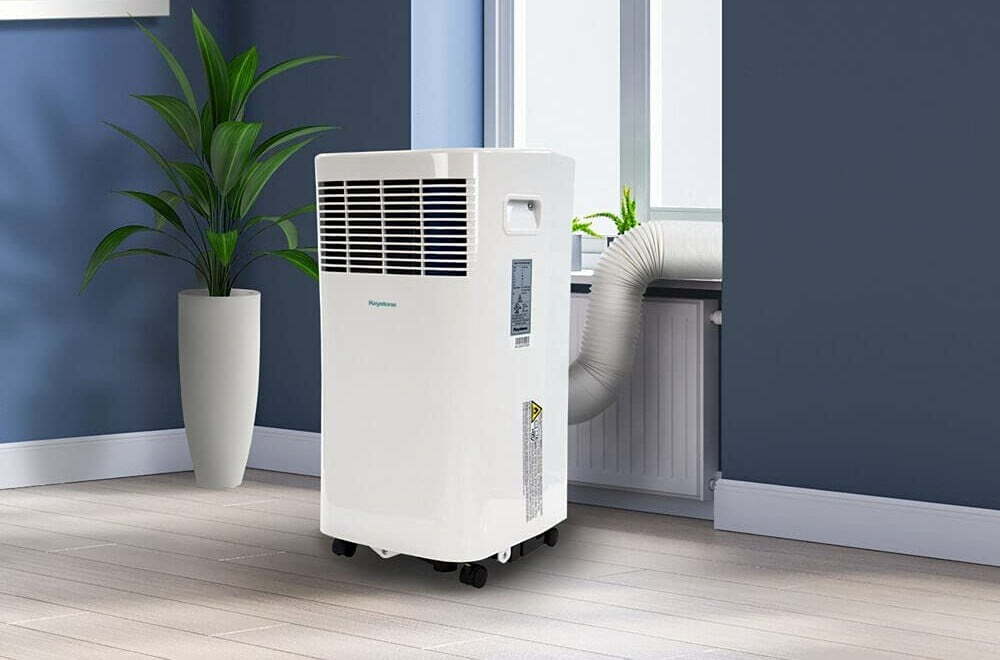
![Best Air Conditioners in [year] ([month] Reviews) 27 Best Air Conditioners in 2026 (January Reviews)](https://www.gadgetreview.dev/wp-content/uploads/best-air-conditioners-image.jpg)
![Quietest Through The Wall Air Conditioners in [year] 28 Quietest Through The Wall Air Conditioners in 2026](https://www.gadgetreview.dev/wp-content/uploads/quietest-through-the-wall-air-conditioner-image.jpg)
![Best 10000 BTU Air Conditioners in [year] 29 Best 10000 BTU Air Conditioners in 2026](https://www.gadgetreview.dev/wp-content/uploads/best-10000-btu-air-conditioner-image.jpg)
![Best 15000 BTU Air Conditioners in [year] 30 Best 15000 BTU Air Conditioners in 2026](https://www.gadgetreview.dev/wp-content/uploads/best-15000-btu-air-conditioner-image.jpg)
![Best 15000 BTU Window Air Conditioners in [year] 31 Best 15000 BTU Window Air Conditioners in 2026](https://www.gadgetreview.dev/wp-content/uploads/best-15000-btu-window-air-conditioner-image.jpg)
![Best 12000 BTU Air Conditioners in [year] 32 Best 12000 BTU Air Conditioners in 2026](https://www.gadgetreview.dev/wp-content/uploads/best-12000-btu-air-conditioner-image.jpg)
![Best Photocatalytic Oxidation Air Purifiers in [year] 33 Best Photocatalytic Oxidation Air Purifiers in 2026](https://www.gadgetreview.dev/wp-content/uploads/best-photocatalytic-oxidation-air-purifier-image.jpg)
![Best Ventless Portable Air Conditioners in [year] 34 Best Ventless Portable Air Conditioners in 2026](https://www.gadgetreview.dev/wp-content/uploads/best-ventless-portable-air-conditioner-image.jpg)
![Best Window Air Conditioners with Heat in [year] 35 Best Window Air Conditioners with Heat in 2026](https://www.gadgetreview.dev/wp-content/uploads/best-window-air-conditioner-with-heat-image.jpg)
![Best Inverter Air Conditioners in [year] 36 Best Inverter Air Conditioners in 2026](https://www.gadgetreview.dev/wp-content/uploads/best-inverter-ac-image.jpg)
![Best HEPA Air Purifiers in [year] 37 Best HEPA Air Purifiers in 2026](https://www.gadgetreview.dev/wp-content/uploads/best-hepa-air-purifier-image.jpg)
![Best Quiet Window Air Conditioners in [year] 38 Best Quiet Window Air Conditioners in 2026](https://www.gadgetreview.dev/wp-content/uploads/quiet-window-air-conditioner-image.jpg)
![Best Energy Efficient Window Air Conditioners in [year] 39 Best Energy Efficient Window Air Conditioners in 2026](https://www.gadgetreview.dev/wp-content/uploads/best-energy-efficient-window-air-conditioner-image.jpg)
![Best Quiet Portable Air Conditioners in [year] 40 Best Quiet Portable Air Conditioners in 2026](https://www.gadgetreview.dev/wp-content/uploads/quiet-portable-air-conditioner-image.jpg)
![Best 6000 BTU Air Conditioners in [year] 41 Best 6000 BTU Air Conditioners in 2026](https://www.gadgetreview.dev/wp-content/uploads/best-6000-btu-air-conditioner-image.jpg)
![Best 8000 BTU Air Conditioners in [year] 42 Best 8000 BTU Air Conditioners in 2026](https://www.gadgetreview.dev/wp-content/uploads/best-8000-btu-air-conditioner-image.jpg)
![Best Small Window Air Conditioner in [year] 43 Best Small Window Air Conditioner in 2026](https://www.gadgetreview.dev/wp-content/uploads/best-small-window-air-conditioner-image.jpg)
![Best 5000 BTU Air Conditioners in [year] 44 Best 5000 BTU Air Conditioners in 2026](https://www.gadgetreview.dev/wp-content/uploads/best-5000-btu-air-conditioner.jpg)
![Best Mini Split in [year] 45 Best Mini Split in 2026](https://www.gadgetreview.dev/wp-content/uploads/best-ductless-mini-split-air-conditioner-image.jpg)
![10 Best Portable Air Conditioners and Heaters in [year] 46 10 Best Portable Air Conditioners and Heaters in 2026](https://www.gadgetreview.dev/wp-content/uploads/best-portable-air-conditioner-and-heater-image.jpg)
